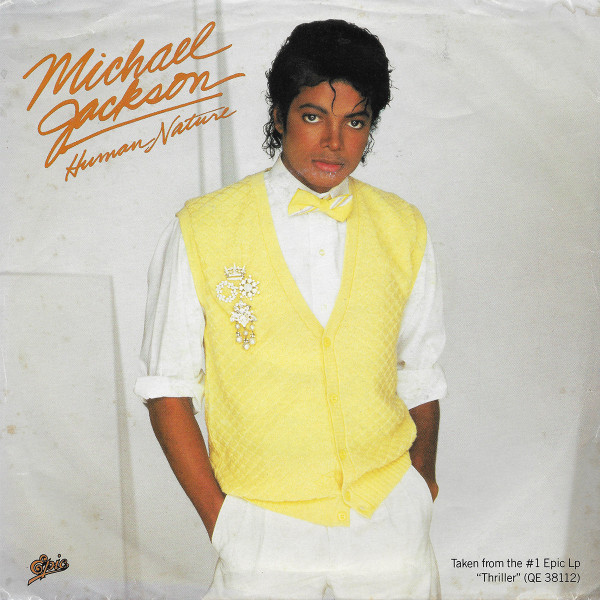The name of John Bettis can’t be unknown to you if you are interested in Michael Jackson’s discography. Indeed, co-credited with Steve Porcaro on the song “Human Nature” as its lyricist, he knew how to leave his print on this legendary track. I never imagined I would have the opportunity to...
bricenajar.com
"Steve Porcaro already had some lyrics on his demo (« Why, why… »). Do you find it more difficult to follow somebody else’s ideas and vision or to start from scratch?
Yes, he had « Why, why… » and I think he had « Tell ‘em that it’s human nature » or at least « human nature ». The connective words, I can’t recall if we had to refine that or not. But that was it: the rest of it wasn’t there. Like I said, I didn’t know what his ideas or vision were, and I’m very glad because from my seat, I was speaking to Michael. I know it was presumptuous of me in the extreme, but I was actually writing something for Michael the artist to sing because my first job was to submerge myself in my artistic reaction to him as a performing artist, to kind of lose myself in the artist personality and make sure that what I am writing for him to sing feels comfortable. That’s why each lyric I write is always my style ut they’re always slightly different too because every performer is different. That was definitely influencing the choosing of the /aʊ/ sound, and the /t/ sound. Michael was a rhythmic singer, and his sense of inner clock and inner rhythm was so impeccable that I wanted to do my level best to give him a chance to use that talent of his to the extreme. Using an /aʊ/ diphtong sound going into a hard consonant like /t/ would give him the opportunity to put the maximum out of rhythm. Words like « nightime », and lines like « if this town is just an apple, let me take a bite » would provide explosive consonants to deal with. The consonants make the rhythm easier for the performer to express ..."
"... After the lyric was accepted, everybody got really busy patching in the synthesizers and setting up to actually begin making the recording of it. Michael took me off and we had a very touching short time together. It was the first time I had ever spoken to the young man and it was very intimate. He was quite withdrawn but he still possessed the power of that individual, and you could just feel it. He spoke very softly and he wanted to know how I knew to write that lyric for him. That’s when I realized I had gotten through. I told him about Karen and her dying, and this was within a year of her passing away, so it was still fresh in my mind. You know, the connection was the enforced isolation from the world. Karen was sixteen or seventeen when we made it, and she was a star when she was nineteen or so. We were so young and she lived at home with her mom. She went from nobody to Karen Carpenter in like a year. She skipped a bunch of steps in emotional life because she was forced by stardom to isolate and when you do that, you suffer. And Michael was a superstar when he was like eight years old. I mean talk about skipping steps!… So I told him about that, that I felt a common theme for the two of them. We talked for a while about that sort of things and he thanked me for it. When I heard much later that it was one of the favorite songs he had ever recorded, I always feel gratitude for that."
"Through the lyrics of the song, I took the liberty of kind of offering him a piece of advice subtly. I thought Michael should actually go do what the song said to do. I think that would have been fun, first of all, fun for him, and secondly, it’s very hard for someone in Michael’s world to have the kind of personal freedom to be yourself and explore life and make connections with people and explore relationships. It can be damnably hard when you’re a superstar at that level to have genuine human contact. So I was kind of giving him an allegory he could live."


